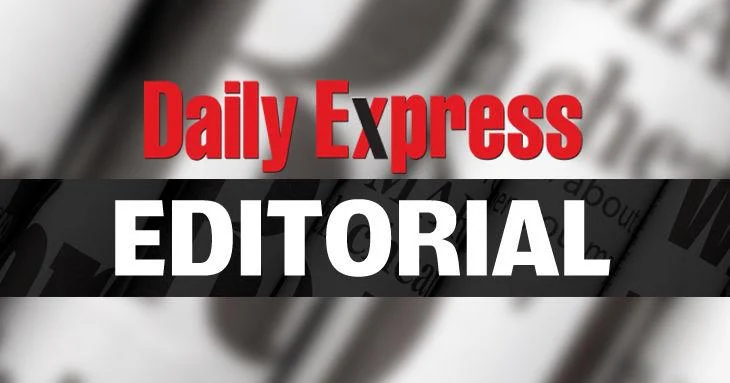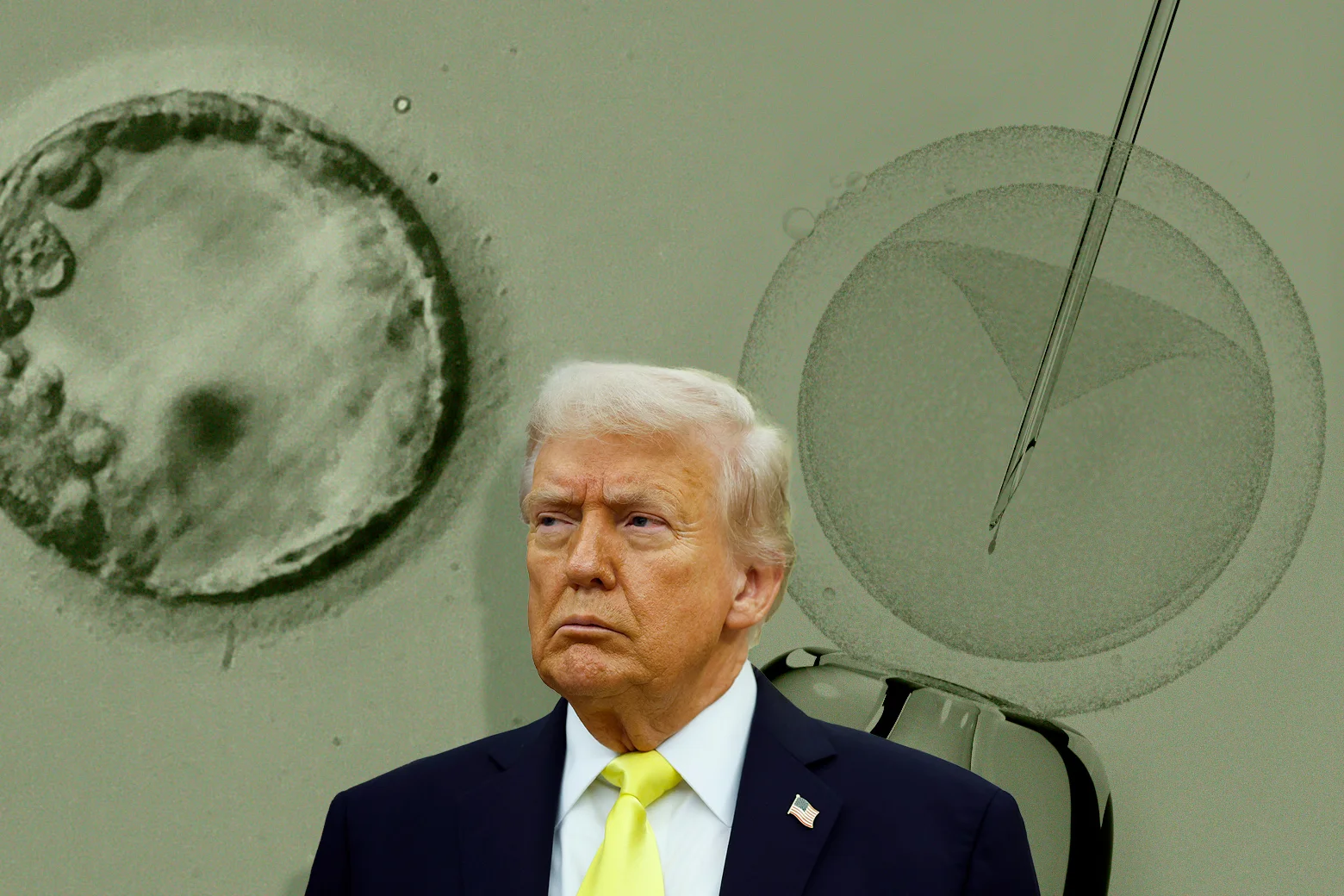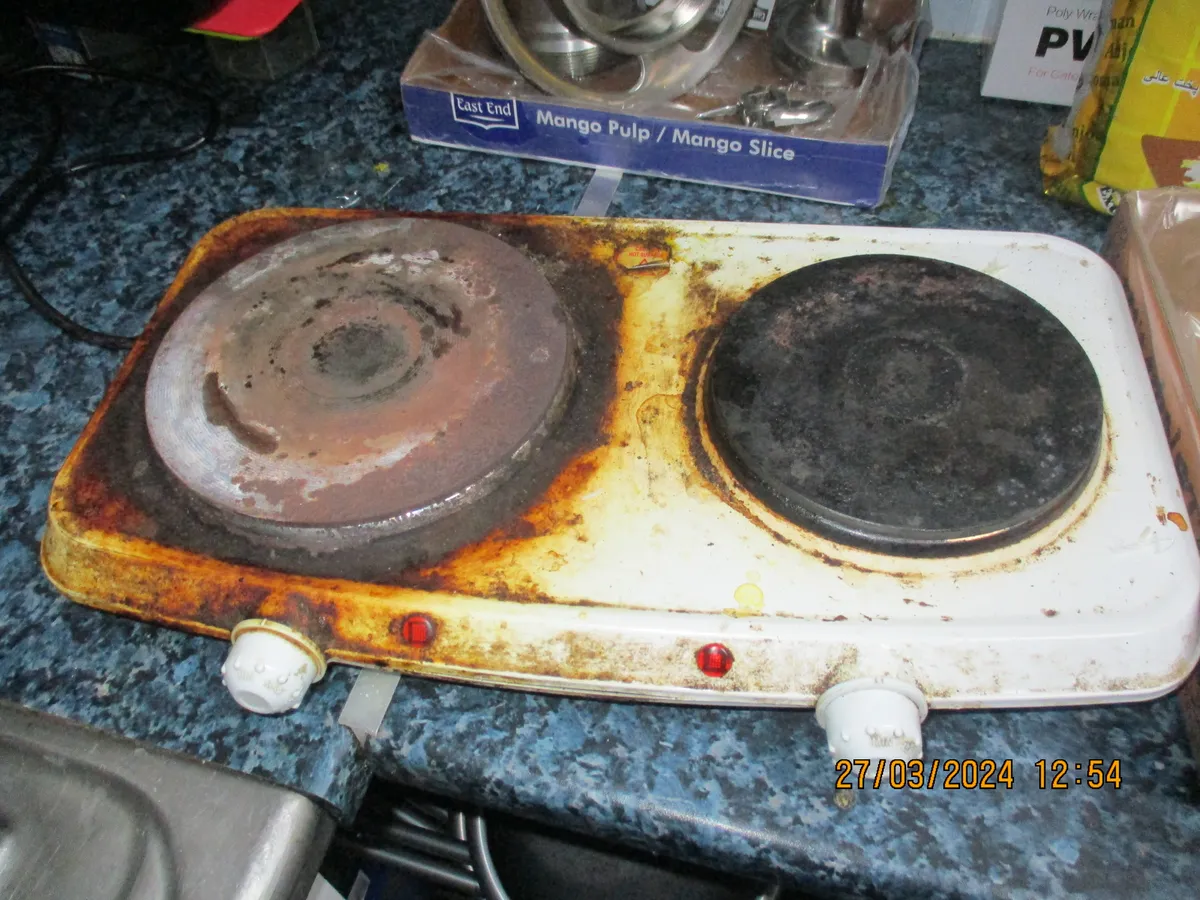Copyright trinidadexpress

The 2025/2026 budget announcement of a 10% increase in alcohol and cigarette duties elicited familiar concerns in the Senate this week. The substantial so-called “sin tax” was met with suggestions of Government meddling in personal choice, unfair burdening of “the small man”, and negative impact on busines-ses and tourism. Though deserving of an honest hearing, the concerns of senators are outdone by the compelling truth that significantly increasing taxes on alcohol and tobacco is one of the most effective and morally justifiable public health policies available to any government. It is a bitter pill but a necessary prescription for the better health of any nation. Planning Minister Kennedy Swaratsingh—who piloted debate on the five excise duty orders to increase cigarette duties from $5.26 to $10.52 per 20-pack; spirits and alcohol taxes from $79.25 to $158.50 per per cent of alcohol content; and beer duties from $5.14 to $10.28—relied upon studies from the World Bank and the World Health Organisation (WHO). Findings in those reports mirror those of many other international and national studies, including by the United States Centers for Disease Control and Prevention (CDC). The public has been calling for data-driven decision-making by governments. It has been proven that higher sin taxes have a proven, direct impact on consumption, particularly among the most financially vulnerable. The laws of economics rule: when the price of a product rises, demand falls. And this is especially true for discretionary goods like cigarettes and alcohol. Study after study has shown that significant price increases are the single most effective way to prevent young people from starting to smoke or drink excessively. Teenagers with limited pocket money are far less likely to pick up costly habits. For heavy smokers and drinkers, higher cost is a powerful trigger to cut down or quit, and acts as a constant financial nudge towards a healthier decision. Almost every ex-smoker and/or drinker references the money saved when they quit. Adding value are findings in some locations that these taxes have also been shown to reduce vehicular crashes and, to a lesser extent, reduce some violent behaviour. The cost of alcohol and tobacco use to the public is staggering and unsustainable. These products are leading contributors to a cascade of non-communicable diseases—cancer, heart disease, liver cirrhosis, and stroke—that then burden the public healthcare system, denying or delaying services to other people. Treatment for these preventable illnesses is paid for by all of Trinidad and Tobago, through higher insurance premiums, healthcare budgets and private health services. That said, the value would only be realised if Government is careful and diligent about how revenue and potential savings in healthcare expenditure are used, and treats equally urgently with prevention and cessation strategies. There is an argument for revenue and savings being earmarked, or hypothecated even, for cancer treatment centres, cessation programmes, free or discounted nicotine patches, and addiction counselling services for those who are trapped by their dependency. Reinvesting revenue and savings into communities and systems most affected would be what transforms the tax from a punitive strategy to an investment in public welfare.



